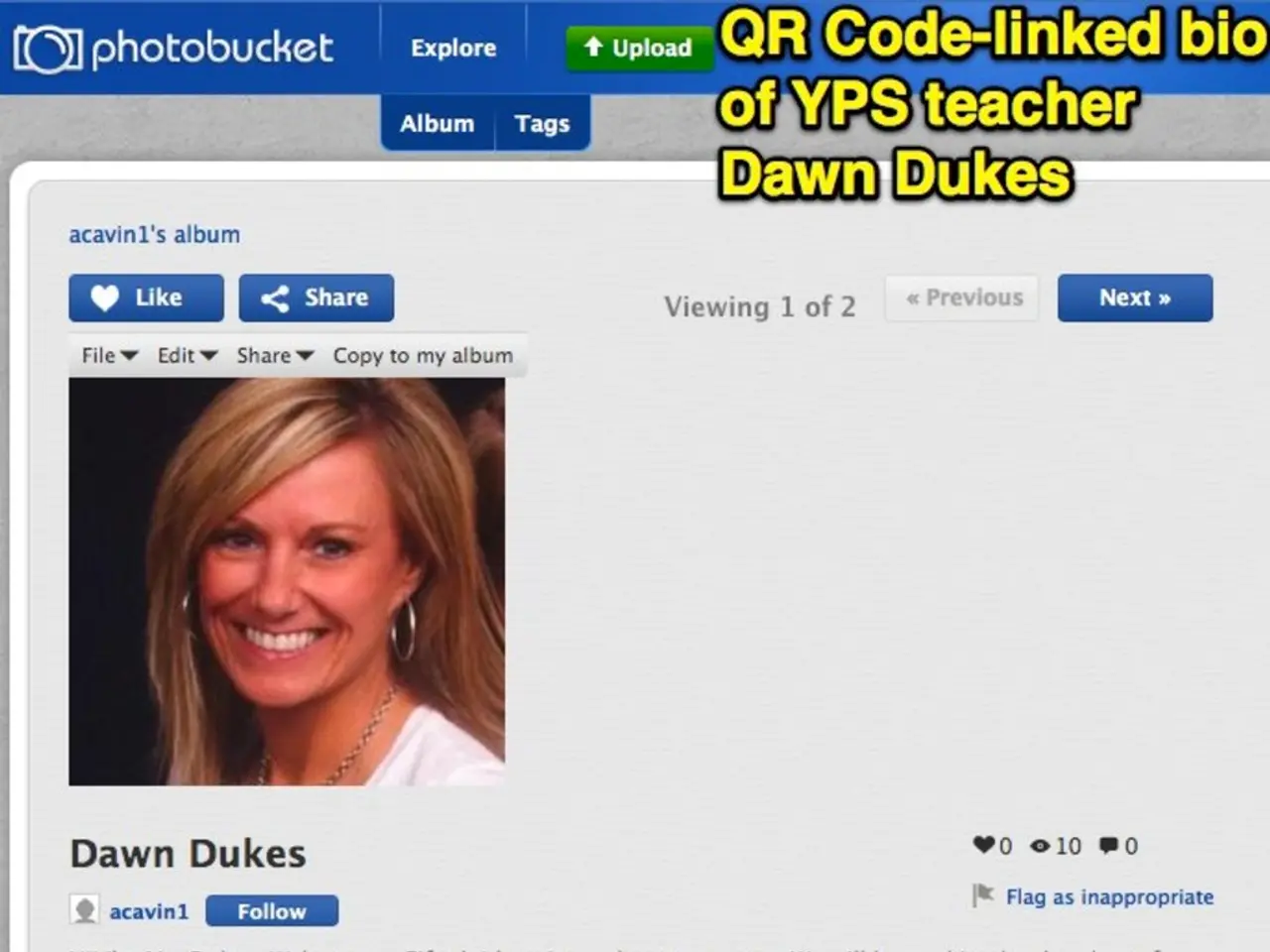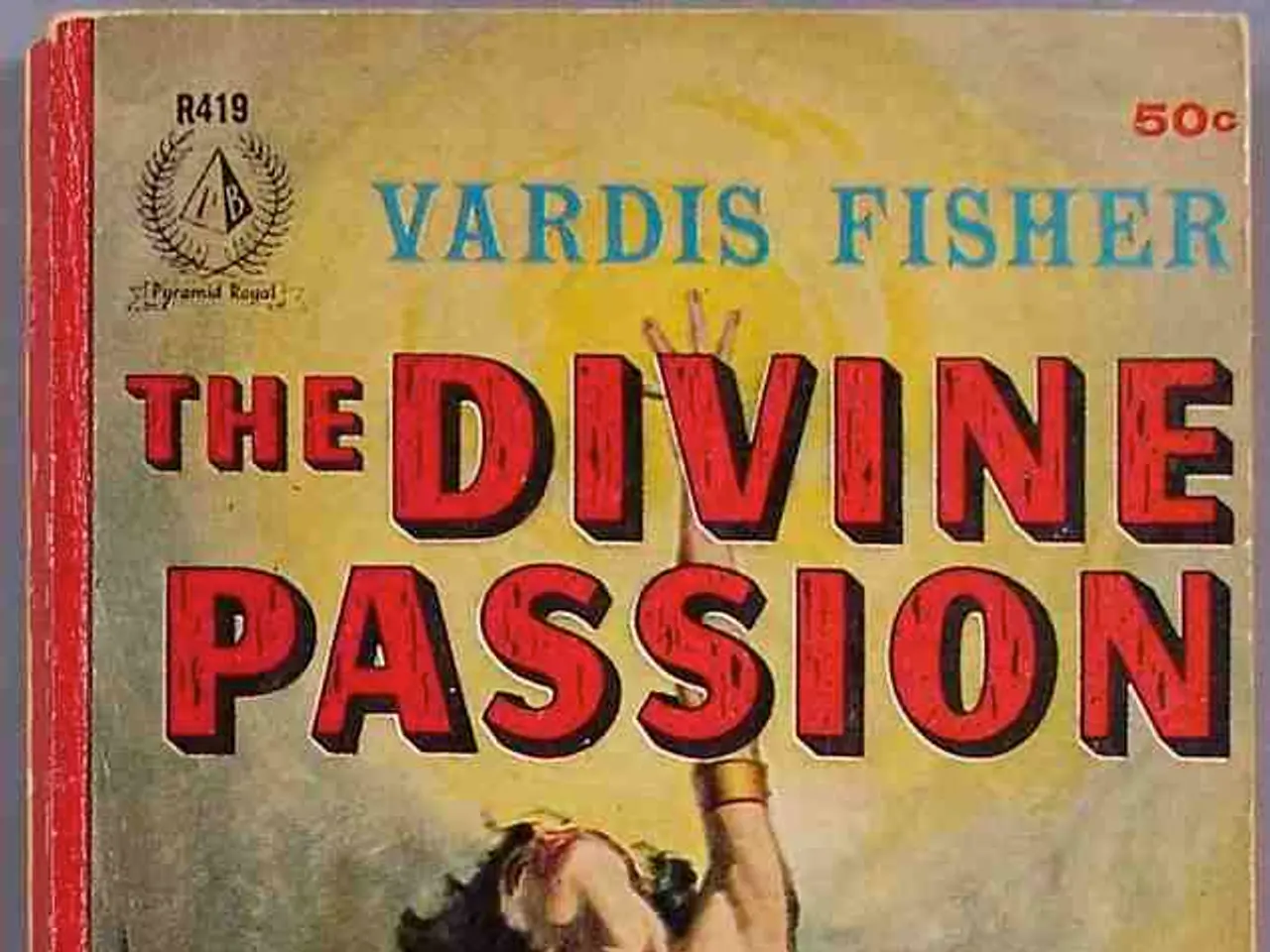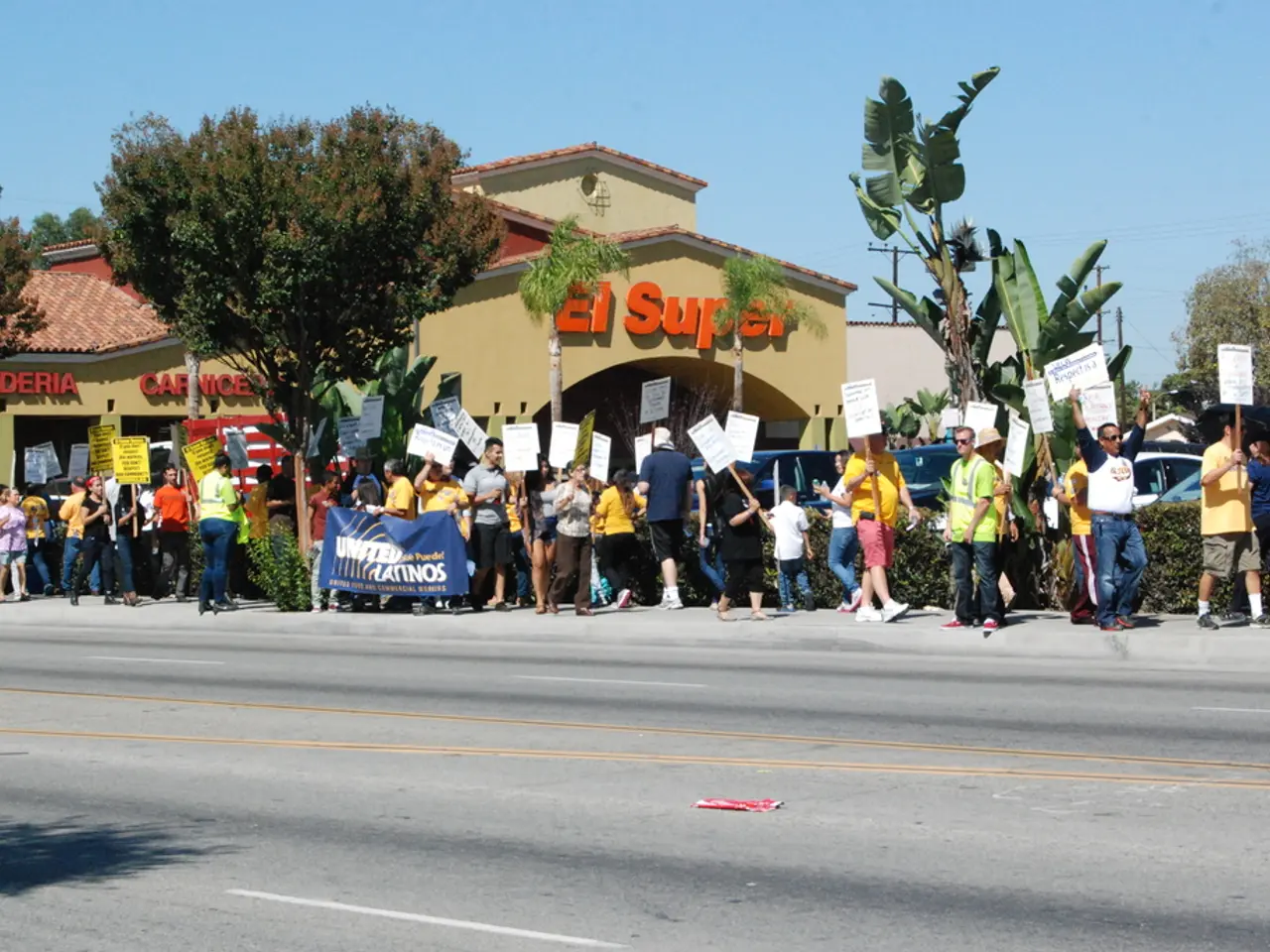Toxic behaviors, gender discrimination, and the male-centric community: why the 2021 Love Island UK appears to have regressed in terms of inclusivity and respect.
The latest season of the popular reality TV show, Love Island UK, has been met with significant criticism due to concerns about misogyny and toxic behavior among the male contestants.
Misogyny and Sexism
Many male contestants have been accused of manipulative behavior towards women, including lying, slut-shaming, and emotional manipulation. This behavior has been described as reflecting broader societal issues of misogyny and sexism that normalize abusive attitudes and behaviors towards women.
Toxic Behavior Among Male Contestants
Notable figures like Harrison Solomon have displayed manipulative behaviors, particularly within complex love triangles, causing emotional distress to female contestants. His actions drew both public criticism and a response from the domestic abuse charity Women's Aid, which condemned the toxic masculinities on display in the villa and called for better education about sexism and misogyny for contestants.
Biased Editing and Emotional Manipulation
Fans and commentators have accused the show’s producers of biased editing that may exacerbate sexist narratives or emotional exploitation. This has prompted calls for trigger warnings and more sensitive handling of explicit and emotional content.
Viewer Complaints About Explicit Content
Some viewers have expressed discomfort with the level of sexually explicit scenes, especially intimate moments filmed in communal areas. This has led to demands for clearer boundaries and content warnings to protect viewers’ well-being and consent standards.
Positive Notes
There have been small positive notes, such as some male contestants showing vulnerability or calling out negative behavior. However, overall, the season has amplified concerns about how entrenched misogynistic attitudes manifest on reality TV and influence the representation and treatment of female contestants.
In sum, critics and audiences have urged Love Island UK to address these problematic behaviors and representations more responsibly, both to protect participants and viewers and to reflect evolving social standards around gender respect and consent.
References:
- The Guardian
- Glamour
- Women's Aid
The latest season of Love Island UK has faced intense criticism due to the display of toxic behavior among male contestants, fueling debates about misogyny and sexism in the entertainment industry.
Several contestants have been accused of manipulative behaviors and emotional manipulation, reflecting broader societal issues and calling for better education about sexism and misogyny on the show.








